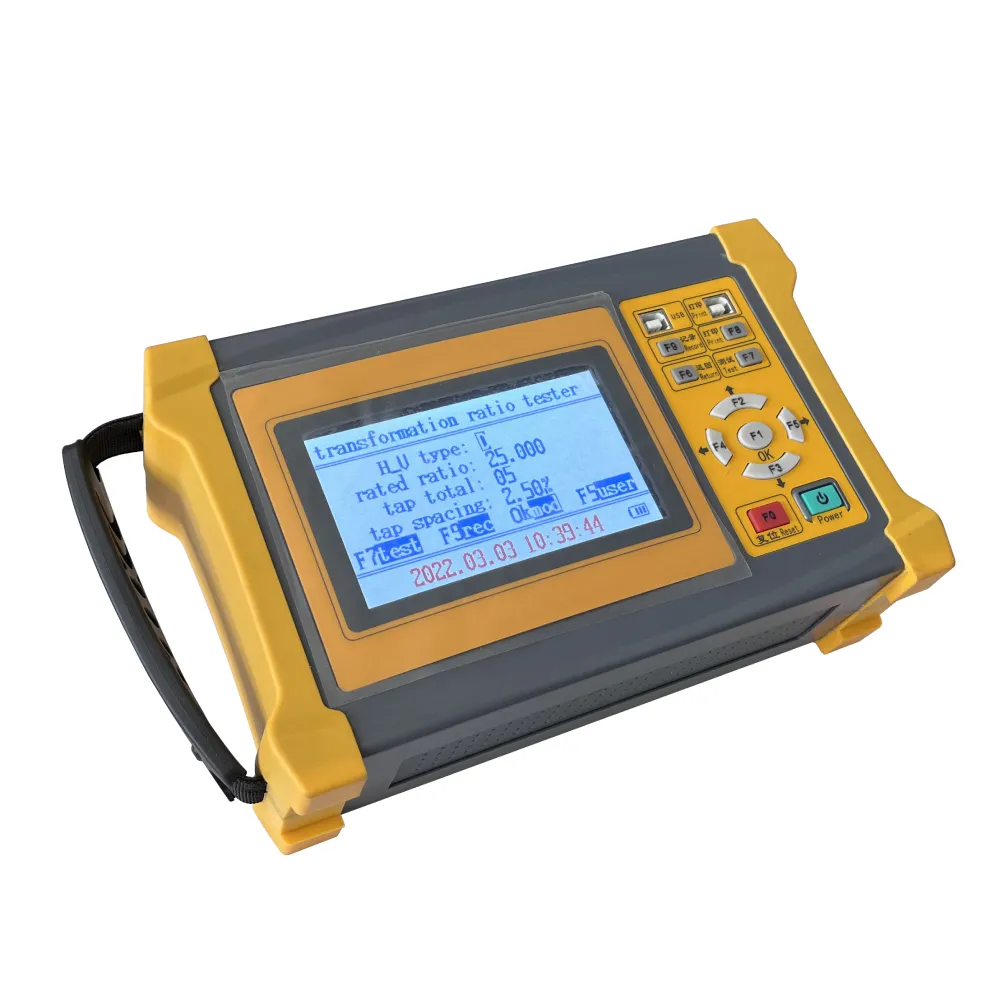 English
English



-
 Afrikaans
Afrikaans -
 Albanian
Albanian -
 Amharic
Amharic -
 Arabic
Arabic -
 Armenian
Armenian -
 Azerbaijani
Azerbaijani -
 Basque
Basque -
 Belarusian
Belarusian -
 Bengali
Bengali -
 Bosnian
Bosnian -
 Bulgarian
Bulgarian -
 Catalan
Catalan -
 Cebuano
Cebuano -
 China
China -
 China (Taiwan)
China (Taiwan) -
 Corsican
Corsican -
 Croatian
Croatian -
 Czech
Czech -
 Danish
Danish -
 Dutch
Dutch -
 English
English -
 Esperanto
Esperanto -
 Estonian
Estonian -
 Finnish
Finnish -
 French
French -
 Frisian
Frisian -
 Galician
Galician -
 Georgian
Georgian -
 German
German -
 Greek
Greek -
 Gujarati
Gujarati -
 Haitian Creole
Haitian Creole -
 hausa
hausa -
 hawaiian
hawaiian -
 Hebrew
Hebrew -
 Hindi
Hindi -
 Miao
Miao -
 Hungarian
Hungarian -
 Icelandic
Icelandic -
 igbo
igbo -
 Indonesian
Indonesian -
 irish
irish -
 Italian
Italian -
 Japanese
Japanese -
 Javanese
Javanese -
 Kannada
Kannada -
 kazakh
kazakh -
 Khmer
Khmer -
 Rwandese
Rwandese -
 Korean
Korean -
 Kurdish
Kurdish -
 Kyrgyz
Kyrgyz -
 Lao
Lao -
 Latin
Latin -
 Latvian
Latvian -
 Lithuanian
Lithuanian -
 Luxembourgish
Luxembourgish -
 Macedonian
Macedonian -
 Malgashi
Malgashi -
 Malay
Malay -
 Malayalam
Malayalam -
 Maltese
Maltese -
 Maori
Maori -
 Marathi
Marathi -
 Mongolian
Mongolian -
 Myanmar
Myanmar -
 Nepali
Nepali -
 Norwegian
Norwegian -
 Norwegian
Norwegian -
 Occitan
Occitan -
 Pashto
Pashto -
 Persian
Persian -
 Polish
Polish -
 Portuguese
Portuguese -
 Punjabi
Punjabi -
 Romanian
Romanian -
 Russian
Russian -
 Samoan
Samoan -
 Scottish Gaelic
Scottish Gaelic -
 Serbian
Serbian -
 Sesotho
Sesotho -
 Shona
Shona -
 Sindhi
Sindhi -
 Sinhala
Sinhala -
 Slovak
Slovak -
 Slovenian
Slovenian -
 Somali
Somali -
 Spanish
Spanish -
 Sundanese
Sundanese -
 Swahili
Swahili -
 Swedish
Swedish -
 Tagalog
Tagalog -
 Tajik
Tajik -
 Tamil
Tamil -
 Tatar
Tatar -
 Telugu
Telugu -
 Thai
Thai -
 Turkish
Turkish -
 Turkmen
Turkmen -
 Ukrainian
Ukrainian -
 Urdu
Urdu -
 Uighur
Uighur -
 Uzbek
Uzbek -
 Vietnamese
Vietnamese -
 Welsh
Welsh -
 Bantu
Bantu -
 Yiddish
Yiddish -
 Yoruba
Yoruba -
 Zulu
Zulu
Understanding Power Quality Measurement and Analysis Techniques for Electrical Systems
Understanding Power Quality Analyzers Enhancing Electrical System Performance
Power quality is a critical aspect of electrical engineering that pertains to the characteristics of voltage and current supplied to electrical devices. Poor power quality can lead to equipment malfunction, reduced efficiency, and increased operational costs. To monitor and improve power quality, engineers and technicians utilize power quality analyzers (PQAs). This article explores the importance of power quality analyzers, how they function, and their benefits in various applications.
What is a Power Quality Analyzer?
A power quality analyzer is an advanced diagnostic tool designed to measure various electrical parameters related to power quality. These parameters include voltage sags and swells, harmonics, transients, frequency variations, and power factor. Modern PQAs are equipped with sophisticated sensors and software algorithms that capture and analyze power disturbances in real-time. This enables users to identify issues within the electrical system promptly.
Importance of Power Quality
Maintaining high power quality is vital for several reasons. Poor power quality can lead to
1. Equipment Damage Voltage spikes or prolonged sags can damage sensitive electronics and lead to costly repairs or replacements. 2. Operational Downtime Fluctuations in power quality may cause machinery to malfunction or shut down, leading to production losses and delaying service delivery.
3. Increased Energy Costs High levels of harmonic distortion or an inadequate power factor can lead to increased energy bills, as utilities may impose penalties for poor power quality.
4. Safety Risks Abnormal power conditions can pose safety hazards, potentially leading to electrical fires or accidents.
Given these implications, having a tool like a power quality analyzer is crucial for ensuring the reliability and efficiency of power systems.
How Power Quality Analyzers Work
PQAs operate by collecting data from the electrical network through probes and sensors. They can be portable or permanently installed, depending on the specific needs of the facility. Once data is collected, the analyzer measures various parameters and provides a comprehensive analysis of the power quality.
power quality analyzer ppt

Key functions of power quality analyzers include
- Harmonic Analysis Evaluating the degree of harmonic distortion in the electrical system, which can be caused by non-linear loads such as computers and LED lighting.
- Monitoring Voltage Levels Assessing voltage sags and swells to minimize the risk of damage to equipment.
- Power Factor Assessment Measuring the power factor to ensure efficient power usage and reduce costs.
- Event Logging Documenting incidents of power disturbances, which can help in troubleshooting and establishing patterns over time.
Benefits of Using Power Quality Analyzers
1. Troubleshooting and Diagnostics PQAs provide detailed insights that help identify the root causes of power quality issues, enabling prompt corrective actions.
2. Compliance and Reporting Many industries are required to meet specific power quality standards. PQAs assist in compliance reporting and yield valuable data for audits.
3. Preventive Maintenance Continuous monitoring using PQAs allows for predictive maintenance strategies, reducing the likelihood of unexpected failures.
4. Cost Savings By identifying inefficiencies and mitigating risks associated with power quality issues, organizations can save on repair costs and increase operational efficiency.
5. Enhanced Reliability Improved power quality leads to more reliable operation of equipment, which is essential for maintaining production schedules and service quality.
In conclusion, power quality analyzers are indispensable tools for modern electrical engineering. By understanding and improving power quality through these analyzers, organizations can not only protect their equipment and investments but also enhance productivity and operational sustainability. As technology continues to evolve, so too will the capabilities of power quality analyzers, making them an essential component of effective electrical system management.
-
Testing Equipment Industry Sees Major Advancements in 2025: Smart & Precision Technologies Lead the WayNewsJun.06,2025
-
Applications of Direct Current Generators in Renewable Energy SystemsNewsJun.05,2025
-
Hipot Tester Calibration and Accuracy GuidelinesNewsJun.05,2025
-
Digital Circuit Breaker Analyzer Features and BenefitsNewsJun.05,2025
-
Benefits of Real-Time Power Quality Monitoring Devices for Industrial EfficiencyNewsJun.05,2025
-
Earth Fault Loop Testing in High-Rise Building Electrical SystemsNewsJun.05,2025



